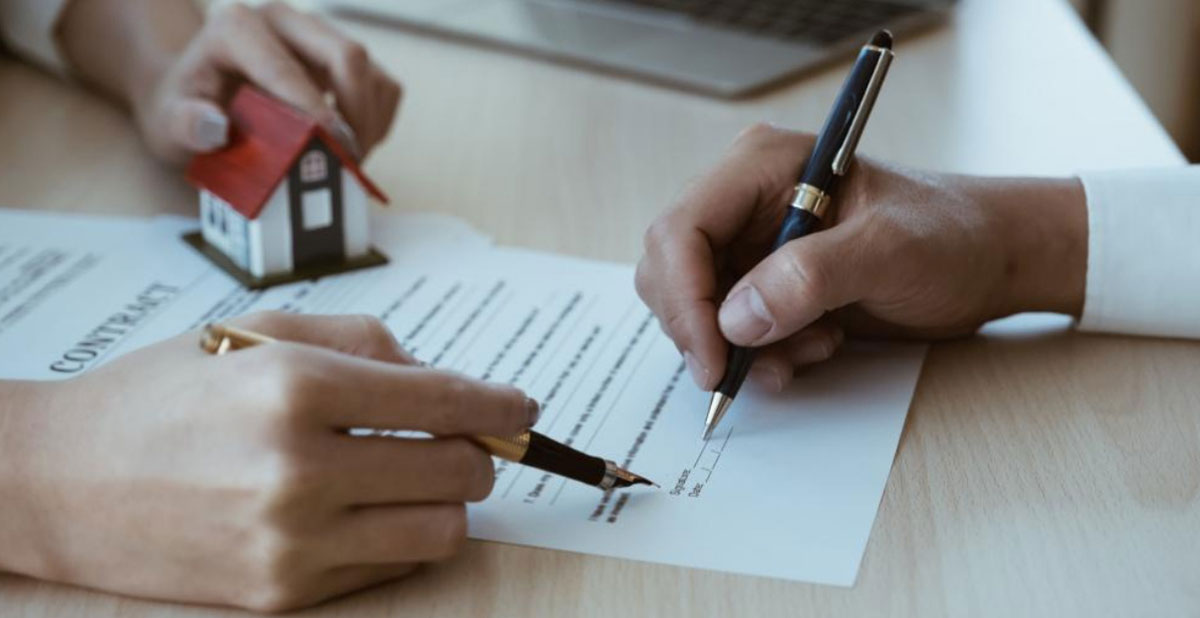Have you made a Will?
Is it Valid?
It is important to note that the court has the power to ‘set aside’ or ‘invalidate’ the provisions of a Will.
What is an Informal Will?
At law, the validity of a Will is strictly a matter of factual evidence. Issues including a lack of compliance with the legal formalities, a lack of mental capacity or the presence of undue influence, fraud or even forgery, may see a Will deemed invalid by the Court! If the Court finds a Will invalid, then it will make an order as to what should happen to the deceased estate. If the deceased has an earlier Will that can be validated, then the court will grant probate for that previous Will. In the case that there is no previous Will, then the statutory laws of Intestacy will apply.
Validity:
A Will should comply with and strictly satisfy the provisions of execution found in s6 Succession Act 2006 (NSW) including:
- be in writing, either typed or handwritten
- be signed by the will-maker or by some other person in the presence of and at the direction of the will-maker
- display the will-maker’s signature, which has been acknowledged in the presence of two or more witnesses, who were present at the same time
- at least two of those witnesses must attest (witness) and sign the will in the presence of the will-maker
- the signature of the will-maker, must be made with the intention of executing the Will.
- however, a witness does not need to know that it is the will-maker’s Will that they are witnessing (s7).
If any of these requirements are missing, the court may not consider the will to be valid, and the estate will be distributed via the statutory rules of intestacy.
Common invalid Wills:
- a Will that has been witnessed by only one person.
- an unsigned note made by a patient in hospital.
- a partially burnt signed and dated Will.
- an envelope containing money on which a note has been scribbled giving the contents to a nominated person.
- a signed noted contained in a personal diary.
Some recent developments:
However, recent decisions by the Courts on what constitutes the definition of a ‘testamentary document’ has been extended on a case-by-case basis to include non-written forms such as:
- a document created and stored in an iPhone.
- a file saved on a computer hard drive.
- a video recording on a DVD.
- an unsent text message on a mobile phone.
- an audio recording on a Dictaphone
To dispute a Will before the Supreme Court of NSW the following must first be considered:
The validity of a Will can be challenged either by filing a caveat to prevent the Grant of Probate or alternatively challenging the Will after the Will has been Probated. A caveat remains in force for 6 months from the date on which it is filed and must be served on any known applicants or potential applicants for a grant of probate or administration of the estate (Division 10 of the Supreme Court Rules 1970 for the rules on caveats).
Eligibility to Challenge a Will:
To challenge the validity of a Will in NSW, you must have ‘standing’ or an ‘interest’ in the deceased estate. Generally, this will be someone named in the Will, beneficiaries, or someone who could/would have inherited but has been excluded.
It is important to note that the onus, or burden of proof in a claim of invalidity initially falls on the party claiming the validity of the existing Will. If no other Will exists, or can be found, then the statutory rules of intestacy will apply
Signing a will:
It is still advisable for the will-maker to sign the will at the foot or end of the will and on each page, and to initial any alterations.
Signature by direction
s6(1)(a) Succession Act allows for a will to be signed by a person other than the will-maker, in the presence of and at the direction of the will-maker, in cases where the will-maker is unable to sign for some reason (seeking legal advice here is` highly advisable).
Witnessing a will
The law allows witnesses to sign the will separately, without being in each other’s presence, as long as they are individually present when the will-maker signs the will.
Who can be a witness?
A beneficiary should not be a witness as they may lose their entitlement under the will. s10 Succession Act allows the spouse of a beneficiary to be a witness, and also allows a beneficiary to be a witness if one of the following circumstances applies:
- there are at least two other attesting witnesses who are not beneficiaries
- written consent is obtained from all who would benefit directly if the gifts to the witness were not allowed;or
- the court is satisfied that the will-maker knew and approved of the gift and made it freely and voluntarily.
It is still recommended that a beneficiary does not witness the will. A person who is unable to see that a will-maker has signed a document cannot act as a witness to a
will.
Execution of a Valid Will:
- The will-maker should read the will, and make sure they understand and are happy with everything in it.
- There should be two adult witnesses who are not beneficiaries under the will.
- The will-maker should date the will before signing.
- In the presence of the witnesses, the will-maker should:
- sign the will at the bottom of each and every page
- initial any alterations.
- In the presence of the will-maker and each other, each witness should:
- sign the will at the bottom of each and every page
- initial any alterations
The witnesses should print their names and addresses below their signatures. Copies of the will, with the names of the will-maker and the witnesses printed on them, should be made and marked ‘Copy: Original kept at …’
Some important points to note:
- Copies of the Will should not be signed, or they may become ‘valid’ wills.
- Nothing should be attached to the original will with a pin or paper clip.
- No alterations should be made to the will after it has been signed.
- Use of the same pen is also advised.
Finally, once you have a valid Will, keep it in a safe place:
After a will is made, you should keep it in a safe place (for example, at the bank or with a lawyer). It is sensible to keep a copy among your personal papers, with the name of the will-maker and the witnesses printed in and a note explaining where the original is kept. It is also wise to tell your appointed executors where the original will is kept.
Section 51 of The Succession Act allows any person to deposit a Will at the Supreme Court of NSW in the office of the Probate Registrar for payment of a fee.
It is also a good idea to keep a clear, comprehensive list of your assets (bank accounts, investments, insurance policies, title deeds and so on) and update this from time to time. This will make your executor’s task much easier and quicker. It will be helpful if you leave a list of people and organisations to be notified of your death. These might include Centrelink, the Department of Veterans’ Affairs, superannuation funds, clubs, particular relatives or friends.
For a free, no obligation review of your current Will or to discuss your Estate Planning requirements, simply pick up the phone or email us on
Call us now: 1800 893 836
Email us now: info@bizlawyers.com.au
Website: https://bizlawyers.com.au/services/wills-a.html



